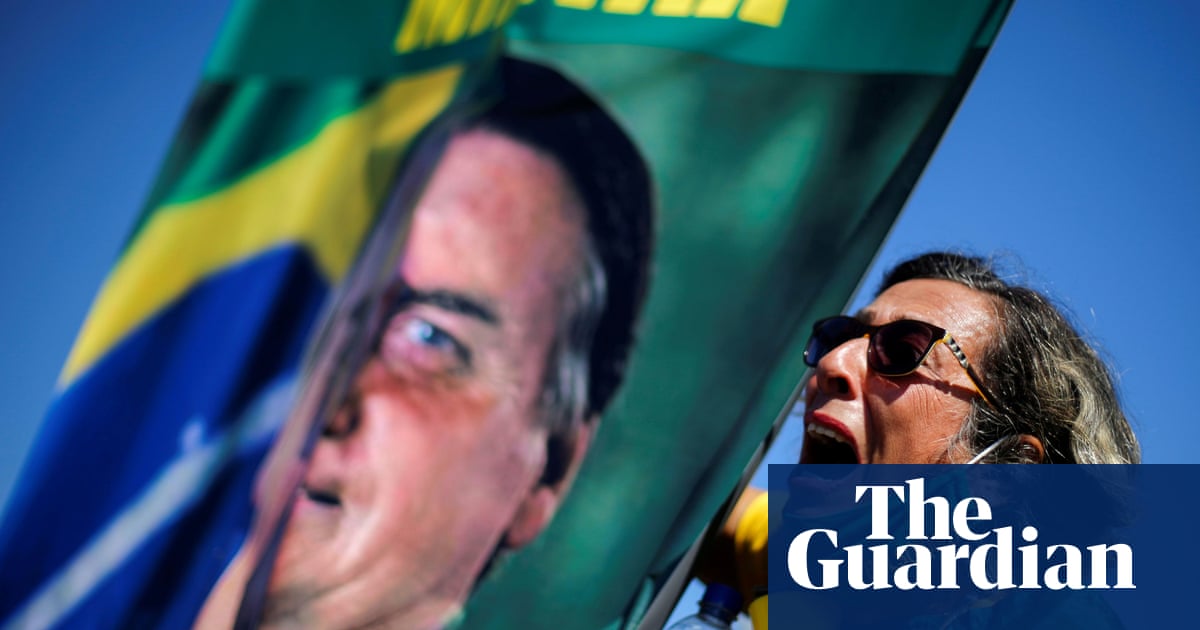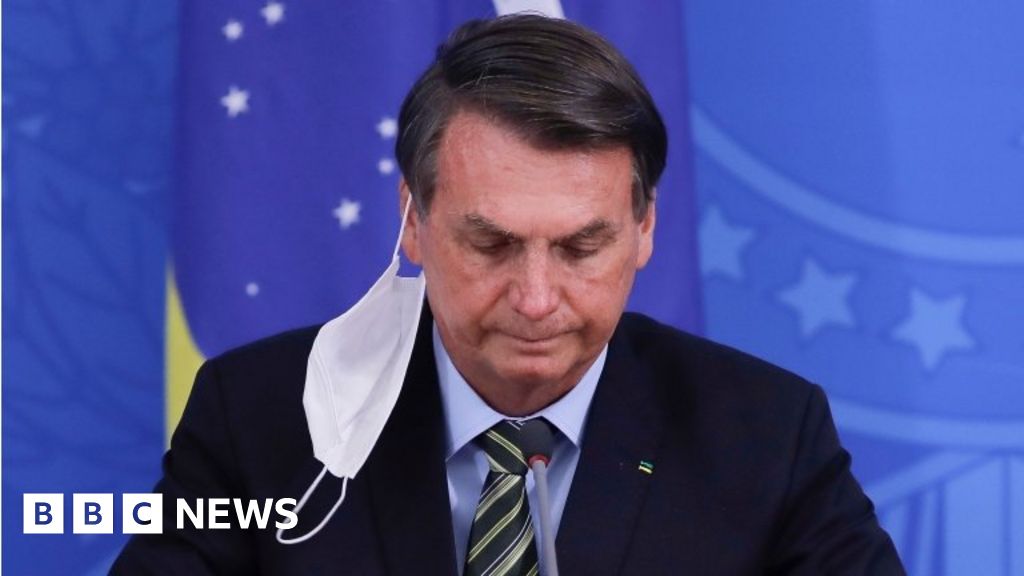AlbertC
Superstar
Brazil tops 1 million cases as COVID-19 spreads inland
Friday, June 19, 2020
Brazil's government confirmed on Friday that the country has risen above 1 million confirmed coronavirus cases, second only to the United States.
The country's health ministry said that the total now stood at 1,032,913, up more than 50,000 from Thursday. The ministry said the sharp increase was due to corrections of previous days' underreported numbers.
Brazilian President Jair Bolsonaro still downplays the risks of the virus after nearly 50,000 deaths from COVID-19 in three months, saying the impact of social isolation measures on the economy could be worse than the disease itself.
Specialists believe the actual number of cases in Brazil could be up to seven times higher than the official statistic. Johns Hopkins University says Brazil is performing an average of 14 tests per 100,000 people each day, and health experts say that number is up to 20 times less than needed to track the virus.

 www.ctvnews.ca
www.ctvnews.ca
Friday, June 19, 2020
Brazil's government confirmed on Friday that the country has risen above 1 million confirmed coronavirus cases, second only to the United States.
The country's health ministry said that the total now stood at 1,032,913, up more than 50,000 from Thursday. The ministry said the sharp increase was due to corrections of previous days' underreported numbers.
Brazilian President Jair Bolsonaro still downplays the risks of the virus after nearly 50,000 deaths from COVID-19 in three months, saying the impact of social isolation measures on the economy could be worse than the disease itself.
Specialists believe the actual number of cases in Brazil could be up to seven times higher than the official statistic. Johns Hopkins University says Brazil is performing an average of 14 tests per 100,000 people each day, and health experts say that number is up to 20 times less than needed to track the virus.

Beijing sees drop in virus cases as Brazil passes 1 million
Authorities in China appeared to be winning their battle against an outbreak of coronavirus in Beijing on Saturday, but in parts of the Americas the pandemic raged unabated. Brazil surpassed 1 million confirmed infections, second only to the United States.








